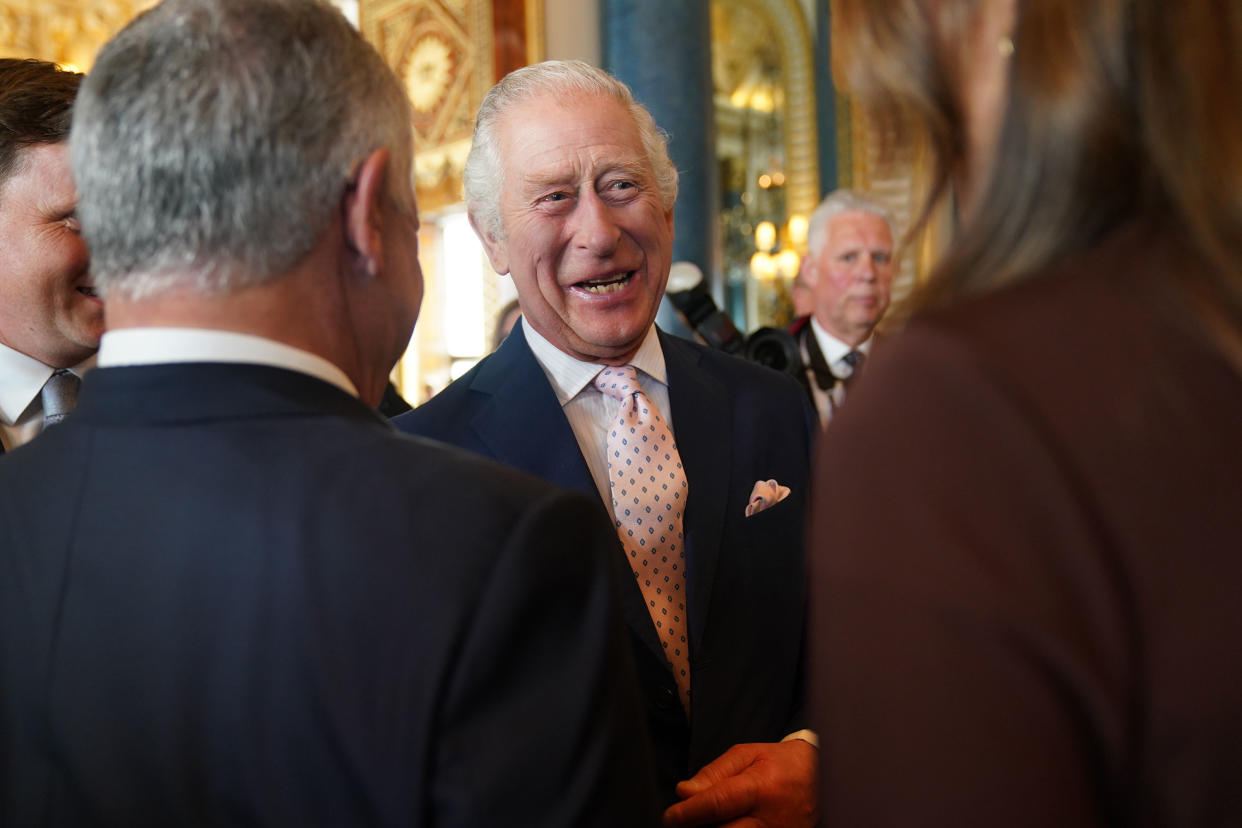Kenyans urge King Charles III to formally apologize for colonial-era abuses

King Charles III didn’t receive the warmest of welcomes when he arrived in Kenya for a four-day state visit on Monday.
Calls are growing for the British monarch to make a heartfelt apology for colonial era abuses as he and Queen Camilla tour the east African country.
The tour is the first to a Commonwealth country since he succeeded his late mother, Queen Elizabeth, who died in September after a seven-decade reign.
Buckingham Palace announced that King Charles would “acknowledge the more painful aspects of the U.K. and Kenya’s shared history,” which includes the bloody Mau Mau rebellion of the 1950s.
He planned to dedicate some of the time to “deepen his understanding of the wrongs suffered in this period by the people of Kenya,” according to the palace statement.
Though Britain has given around $25 million in compensation in 2013 to Kenya, it still has not apologized for “the torture and other forms of ill-treatment at the hands of the colonial administration” — as then-Foreign Secretary William Hague stated. “The British government sincerely regrets that these abuses took place and that they marred Kenya’s progress to independence. Torture and ill-treatment are abhorrent violations of human dignity which we unreservedly condemn.”
Regarded as one of the most significant steps towards Kenya gaining freedom from British rule, armed Mau Mau groups revolted against European settlers in the 1950s. Colonial authorities imposed a state of emergency in response leaving about 10,000 people — mainly from the Kikuyu tribe— dead during the crackdown.
Some Kenyans have been outspoken in urging King Charles to go one step further and say sorry in a more formal way.
“Firstly, King Charles III, you need to stop choking on those two words, ‘I apologize.’ Just cough them up,” Harvard University professor and author Caroline Elkins wrote in an opinion piece for The Guardian on Sunday.
“They will probably trigger all sorts of liability issues for you and your government, but at last count, the monarchy is worth over £20 billion, so you could give several quid – some of which were stolen from or earned on the backs of colonized people – to the British taxpayer to cover this.”
Evelyn Wanjugu Kimathi, whose father was one of the leaders of the Mau Mau uprising, said there was hope that King Charles would bring “a national apology.”
“Once we have the goodwill from the U.K. government, everything else will be OK,” she told Agence France-Presse in early October.
On Monday, Kenyans gathered on Mau Mau road holding signs that read “Down with colonization, down” and “Return back our historical grabbed land.”
-----


